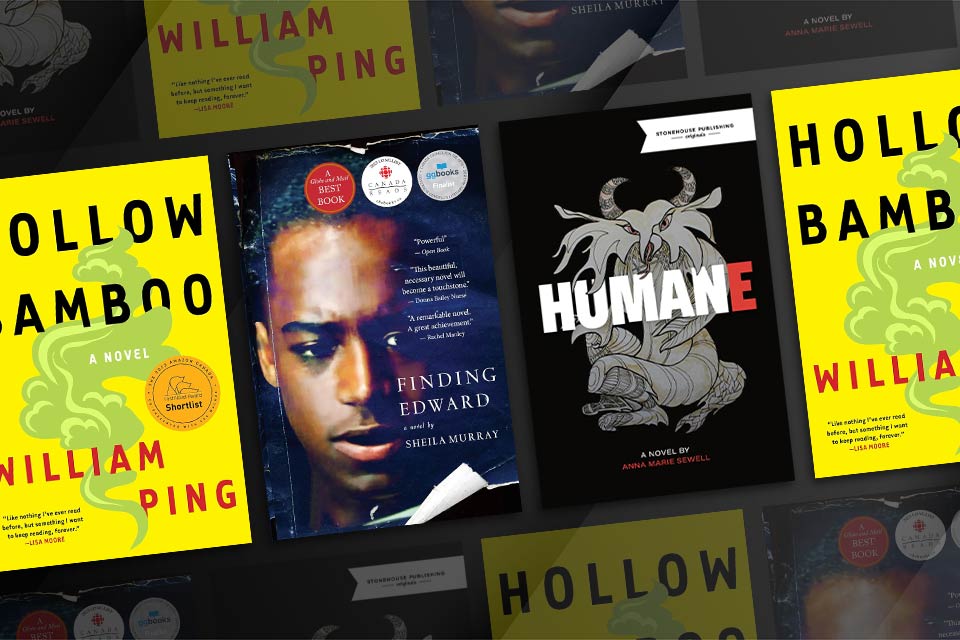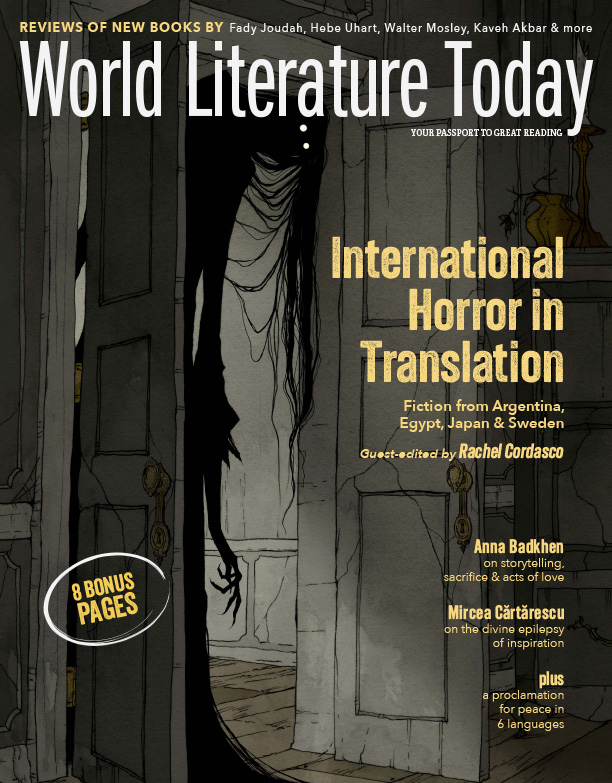A History of Canada: Truth-telling through Fiction
 As someone who writes nonfiction, poetry, and songs based on my own realities, I am amazed by the fiction writer’s capacity to create worlds. In the books that follow, the authors seamlessly weave research and history with both imagined and real characters.
As someone who writes nonfiction, poetry, and songs based on my own realities, I am amazed by the fiction writer’s capacity to create worlds. In the books that follow, the authors seamlessly weave research and history with both imagined and real characters.
I first took note of this capacity in Lorna Goodison’s From Harvey River: A Memoir of My Mother and Her Island. The book seemed to me an impossible feat, as she conjured scenes with dialogue and incidents that could have occurred long before Goodison’s birth. It is this same capacity for the magical that all three of the books listed here embody, as they lead the reader to smell, feel, walk through, taste, and listen to the conversations between people long passed or those whom they’ve invoked. I deeply admire the craft of all three of these writers, who in different ways do the improbable: tell the greatest truths through events that never occurred or could have occurred, share dialogue they’ve never heard, and incorporate the existence of magical or spiritual creatures.
History is a plurality often written through the hand of a victor. Each of these authors is of multiple ancestries and weaves ethnicity, landscape, and experiences with the white majority culture into their worlds. These three deeply skilled fiction writers carry us through eras via research, dreams, inventions, and lies—and lead us to places of exceptional truth.
William Ping
Hollow Bamboo
HarperCollins, 2023
“This is a true story, more or less,” states William Ping. He then pulls the reader into a compelling tale that weaves life in present-day Canada, a small village in Guangdong Province, China, in the 1920s, and life for the Chinese men who traveled to work in the laundries of 1930s St. John’s, Newfoundland.
Autofiction might be a good description of the book as Ping reveals family history through entirely possible scenes, raucously funny dialogue, and the assistance of a spirit creature named Mo, who appears through iPad screens or radios. Mo forces Ping to witness the past—from a trip from China to Canada on a “coffin ship,” to the imposition of the name William Ping onto his grandfather by an immigration officer on the shores of Vancouver, to the trials and triumphs of his family’s evolution on the island from the 1920s to the present.
Ping is engaging and brilliant as he traces an important Canadian story through an often-absent lens.
Sheila Murray
Finding Edward
Cormorant Books, 2022
Sheila Murray writes lush descriptions and dialogue with the density and harmony of a symphony. In this way, she carries the reader along the emotional and physical landscape of the young protagonist, Cyril, from the island of Jamaica to Canada to study.
In Toronto, a magical woman named Pat speaks with Cyril and just as easily turns to speak to a wall. She takes him to see a black-and-white photograph from the 1920s of a young boy, Edward, whose life resonates with his own—both have one Black and one white parent and journey alone without either.
In the quest to determine Edward’s fate, Cyril negotiates present-day Toronto and unearths stories of Canada that are often dismissed, benignly unseen, or deliberately omitted. Finding Edward is both an engagingly executed and compelling fictional tale and an important historical document.
Anna Marie Sewell
Humane
Stonehouse, 2020
On the advice of her dead grandmother through a power dream, Hazel the detective claims a dog named Spider from the pound. Thus begins the tale to solve the murder of Nell August, which simultaneously reveals the history of Canada and tells of Indigenous histories and spirituality.
Multiple tales from the point of view of several characters work in disparate ways toward the same goal—justice for Nell. Telepathic conversations between Spider and Hazel; a pine tree named Shinguak, who shares this name with the man who saved her father from the church schools; Missy, who has her own investigative techniques; and Devin, the wise teenager: all work asynchronously on the quest to seek justice for the murdered woman. The impact of the residential schools on generations of people and the plague of missing and murdered Indigenous women are woven throughout.
Humane is a richly braided, beautiful, revelatory, and important tale.












